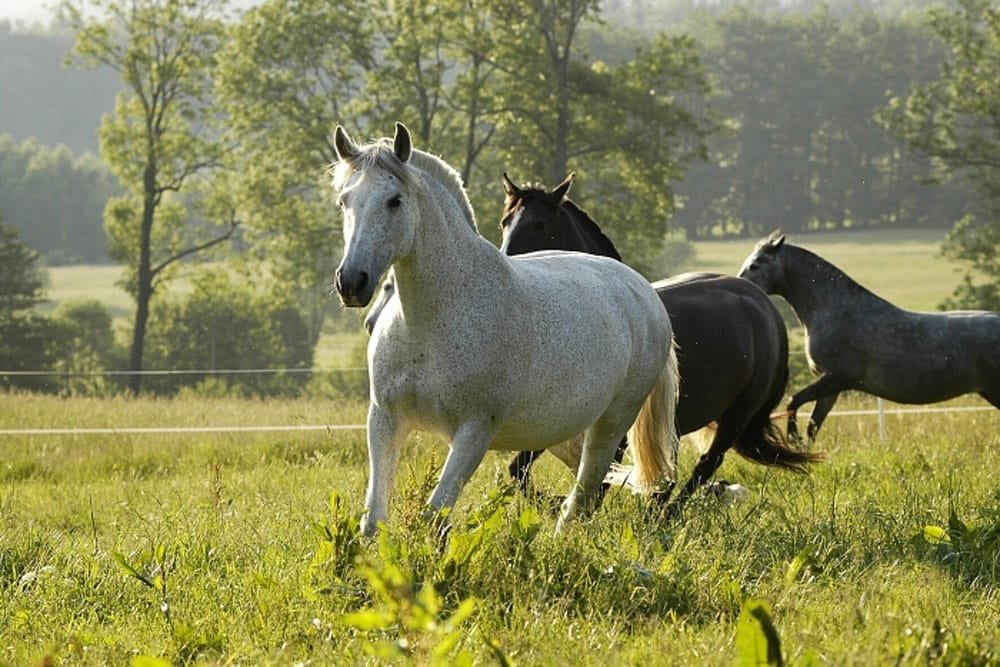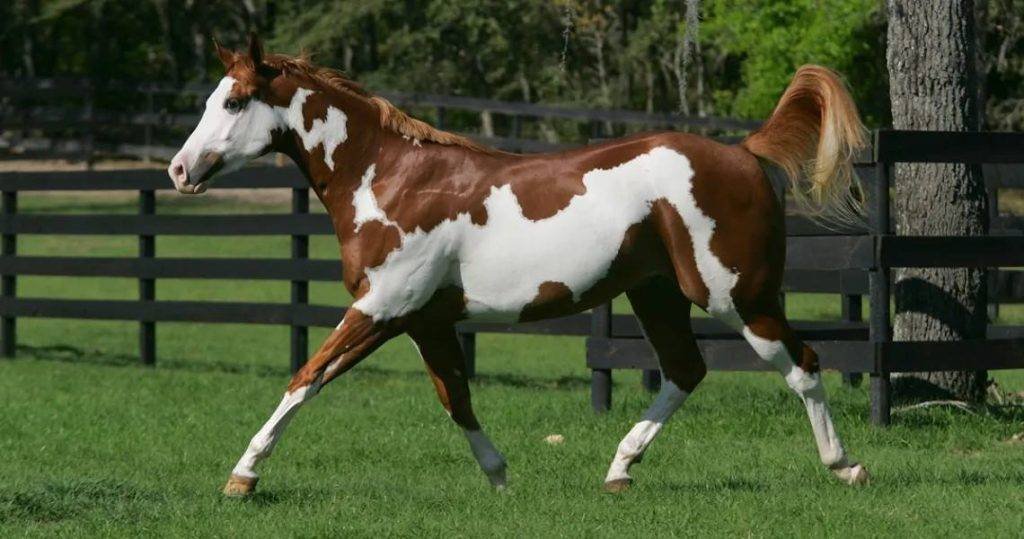Crossbreeding Horses: Pros and Cons
Crossbreeding horses has become increasingly popular among equestrians looking to combine desirable traits from different breeds. While this practice can lead to unique and versatile horses, it also comes with its own set of challenges. In this article, we will explore the pros and cons of crossbreeding horses to help you make an informed decision.
What is Crossbreeding?
Crossbreeding involves mating a horse from one breed with a horse from another breed. The goal is to create offspring that exhibit desirable characteristics from both parent breeds. For instance, a cross between an Arabian and a Thoroughbred might produce a horse that possesses both the endurance of the Arabian and the speed of the Thoroughbred.
Pros of Crossbreeding Horses
- Hybrid Vigor: One of the most significant advantages of crossbreeding is hybrid vigor, or heterosis. This phenomenon often results in offspring that are healthier and more robust than their purebred counterparts. The mixing of diverse genetic traits can reduce the risk of hereditary diseases and improve overall vitality.
- Versatility: Crossbred horses often excel in multiple disciplines due to the combination of traits inherited from their parent breeds. For example, a horse that is a cross between a Quarter Horse and a Warmblood may be well-suited for both western riding and dressage.
- Customization: Breeders can select specific traits to enhance in the offspring, such as temperament, athleticism, or conformation. This allows for a more tailored approach to breeding, catering to individual needs or preferences for riding style and discipline.
- Cost-Effectiveness: Crossbred horses are often more affordable than purebreds, making them accessible to a broader range of riders. This can be especially appealing for beginners or recreational riders who may not want to invest heavily in a purebred horse.
- Unique Characteristics: Crossbreeding can result in horses with distinctive physical traits, colors, and patterns that stand out. Many riders appreciate the individuality of crossbred horses, which can add a unique flair to competitions or shows.
Cons of Crossbreeding Horses
- Unpredictability: One of the main drawbacks of crossbreeding is the unpredictability of the resulting offspring. Unlike purebreds, which have established traits and characteristics, crossbreds can inherit a mix of qualities that may not align with the breeder’s expectations. This can lead to uncertainty in performance, temperament, and appearance.
- Lack of Breed Standards: Crossbred horses do not have official breed standards, which can make it difficult to evaluate their quality. In competitive settings, judges may favor purebreds, leading to challenges for crossbred horses in the show ring.
- Potential Health Issues: While hybrid vigor can lead to increased health, there is also a risk of inheriting genetic disorders from both parent breeds. Breeders need to be mindful of the health history of both breeds to minimize the risk of passing on hereditary conditions.
- Training Challenges: Crossbred horses may exhibit a blend of traits that can complicate training. For instance, a horse that inherits the stubbornness of one parent breed and the sensitivity of another may require a more nuanced training approach, potentially making them more challenging to ride or handle.
- Market Perception: In some equestrian circles, purebred horses are often regarded as superior, which can affect the marketability of crossbred horses. Buyers may be less inclined to invest in a crossbred horse, impacting its resale value.
Crossbreeding horses offers a range of benefits and challenges. While the potential for hybrid vigor, versatility, and unique characteristics can make crossbred horses appealing, the unpredictability and lack of breed standards may pose challenges for both breeders and riders. If you’re considering a crossbred horse, it’s essential to research both parent breeds, assess your own riding goals, and consult experienced breeders or trainers. Ultimately, the decision to crossbreed should align with your specific needs and the values you place on equine characteristics. Whether you choose a crossbred or a purebred, the bond you build with your horse will be the most rewarding aspect of your equestrian journey.




